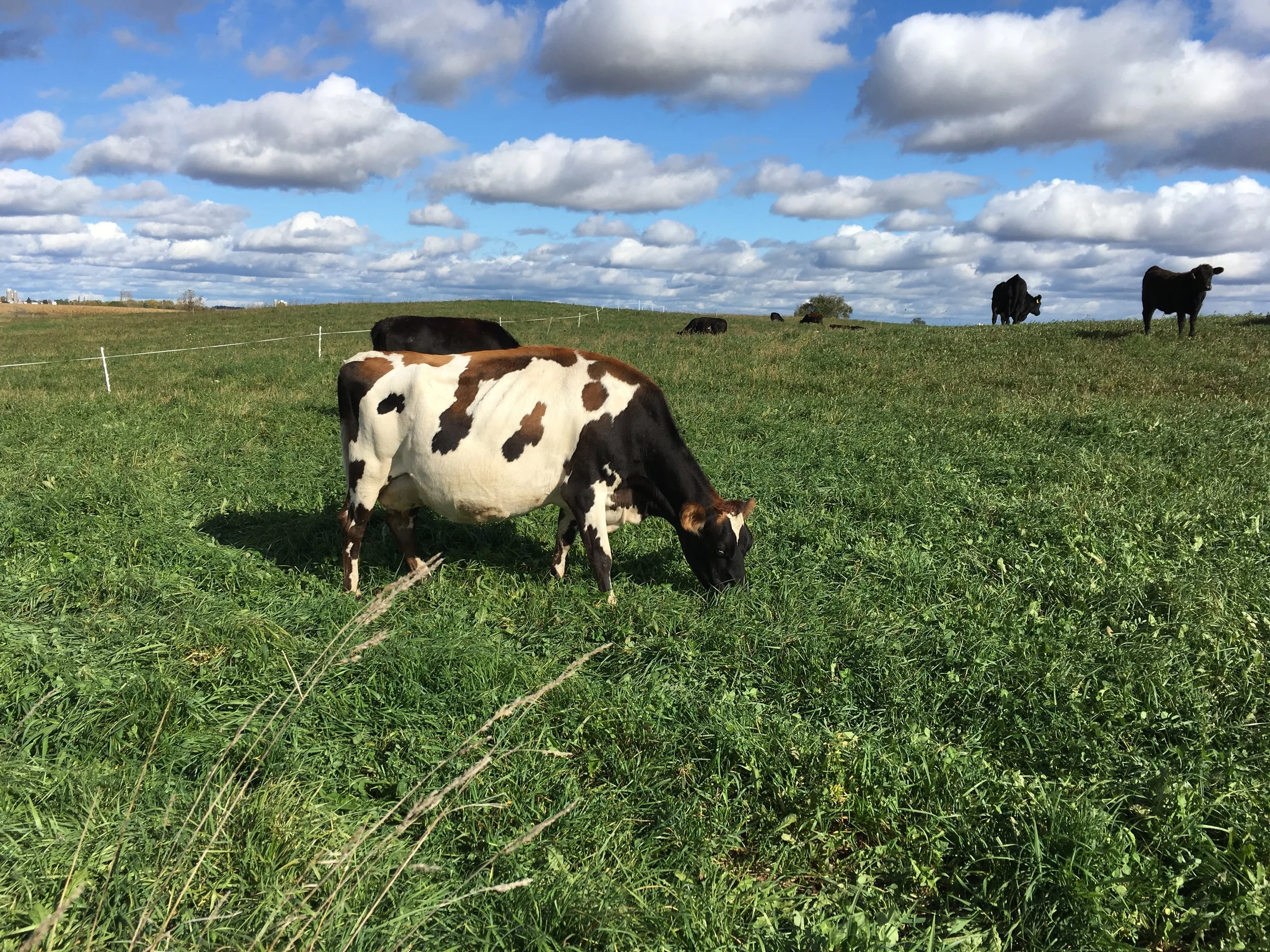100% GRASSFED CERTIFIED ORGANIC BEEF
Whole - $4.00/lb (avg 700 lb hanging weight)
Half - $4.15/lb or Quarter - $4.40/lb hanging weight
Listed #5 best Certified Organic Beef in the Country by Cornucopia institute
Here, cows graze on perennial pastures of clover, grasses and other plants. We utilize managed grazing, which means that they are given full, fresh pasture every day in blocks. They are 100% grass-fed, which means no grain ever. This promotes the best health for the pasture and the cattle. The bacteria in a cow's gut is adapted to break down the cellulose in green plants. If fed grains (like corn, fed to 97% of the cows out there), a large part of the normal bacteria die and have to be slowly replaced with ones that are unnatural to them. This in turn negatively affects the cow's health. Grain also has a much higher percentage of Omega 6 fatty acids than pasture, which is high in Omega 3s, a good fat that Americans are lacking in their heavy grain diet. Most Americans eat both starch heavy and meat heavy diets with very few fresh fruits and veggies. Think about it, a processed diet double doses on the grain, both a direct dose, and the one that we get through the grain eating animal that is the meat.
Quote from the USDA Economic Research Services website -
"Feedlots with less than 1,000 head of capacity compose the vast majority of U.S. feedlots, but market a relatively small share of fed cattle. In contrast, lots with 1,000 head or more of capacity compose less than 5 percent of total feedlots, but market 80- to 90-percent of fed cattle. Feedlots with 32,000 head or more of capacity market around 40-percent of fed cattle. The industry continues to shift toward a small number of very large specialized feedlots, which are increasingly vertically integrated..."
Think about how many large animals this translates to, squeezed into very small areas. Not only are CAFOs (Confined Animal Feeding Operations) inhumane to the animals, they create huge animal waste issues that pollute our critically important waterways. A great educational film that explains these issues is Searching for Sustainability, produced by our very own, Valerie Dantoin Adamski. Below is a segment that features our farm and gives some great information.




